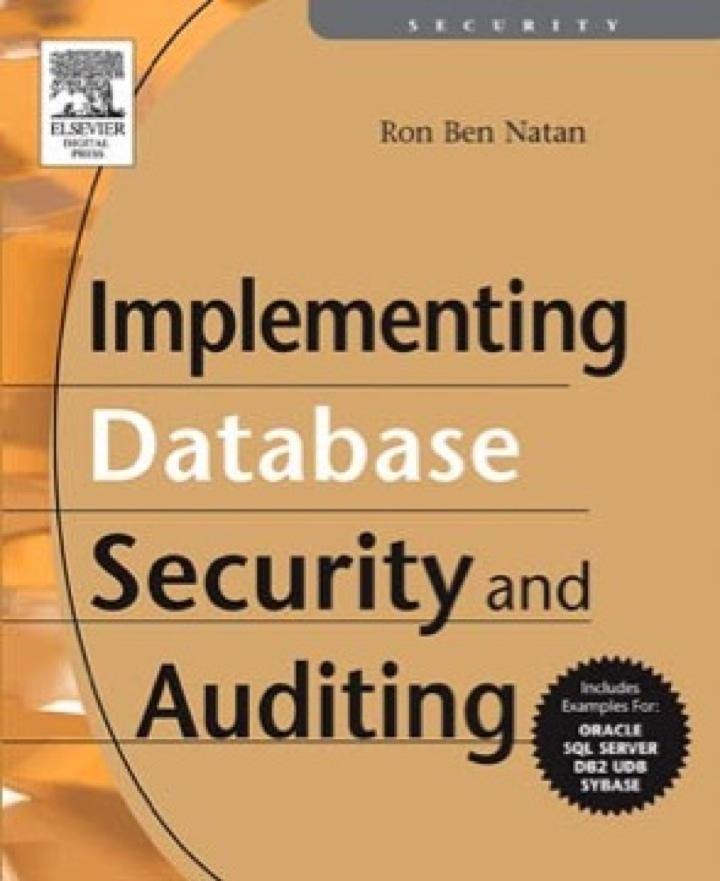An airline company has been adversely impacted by a global economic slowdown and its effect on business travel. In addition to lower overall demand, the airline company faces increased competition from other airlines, which are heavily discounting flights. The airline company policy for revenue is to credit sales to an unearned revenue account, and subsequently transfer them to revenue when passengers or freight are picked up or tours and travel air tickets and land transportation are utilized. Management controls this process. In preparing for the 2020 audit, you review the 2019 financial statements and note that revenue from passengers represents 12 percent of total revenue. The interim financial information for the 2020 year shows a 6-percent fall in revenue from passengers, and an 11-percent decrease in revenue from passengers in advance.You read in the financial press that the global slowdown has led to an increased incidence of fraud and the majority of these frauds are committed by company directors and senior managers. Why is the revenue from passenger accounts in the income statement at significant risk of fraudulent financial reporting by management?

| | Lower demand decreases pressure on management to meet revenue targets |
| | Increased competitions increases pressure on management to meet revenue targets |
| | Opportunity for management to override controls which recognize when flights are taken so revenue can be recorded |
| | No significant risk of fraudulent reporting as passenger revenue is only 12% of total revenue |
| | Change in revenue from passengers is less than change in revenue in advance, suggesting revenue is being channelled into revenue instead of revenue in advance |
| | Forward bookings are falling more than current revenue, creating less pressure for management to manipulate revenue |

An airline company has been adversely impacted by a global economic slowdown and its effect on business travel. In addition to lower overall demand, the airline company faces increased competition from other airlines, which are heavily discounting flights. The airline company policy for revenue is to credit sales to an unearned revenue account, and subsequently transfer them to revenue when passengers or freight are picked up or tours and travel air tickets and land transportation are utilized. Management controls this process. In preparing for the 2020 audit, you review the 2019 financial statements and note that revenue from passengers represents 12 percent of total revenue. The interim financial information for the 2020 year shows a 6-percent fall in revenue from passengers, and an 11-percent decrease in revenue from passengers in advance. You read in the financial press that the global slowdown has led to an increased incidence of fraud and the majority of these frauds are committed by company directors and senior managers. Why is the revenue from passenger accounts in the income statement at significant risk of fraudulent financial reporting by management? Lower demand decreases pressure on management to meet revenue targets Increased competitions increases pressure on management to meet revenue targets Opportunity for management to override controls which recognize when flights are taken so revenue can be recorded No significant risk of fraudulent reporting as passenger revenue is only 12% of total revenue Change in revenue from passengers is less than change in revenue in advance, suggesting revenue is being channelled into revenue instead of revenue in advance O Forward bookings are falling more than current revenue, creating less pressure for management to manipulate revenue An airline company has been adversely impacted by a global economic slowdown and its effect on business travel. In addition to lower overall demand, the airline company faces increased competition from other airlines, which are heavily discounting flights. The airline company policy for revenue is to credit sales to an unearned revenue account, and subsequently transfer them to revenue when passengers or freight are picked up or tours and travel air tickets and land transportation are utilized. Management controls this process. In preparing for the 2020 audit, you review the 2019 financial statements and note that revenue from passengers represents 12 percent of total revenue. The interim financial information for the 2020 year shows a 6-percent fall in revenue from passengers, and an 11-percent decrease in revenue from passengers in advance. You read in the financial press that the global slowdown has led to an increased incidence of fraud and the majority of these frauds are committed by company directors and senior managers. Why is the revenue from passenger accounts in the income statement at significant risk of fraudulent financial reporting by management? Lower demand decreases pressure on management to meet revenue targets Increased competitions increases pressure on management to meet revenue targets Opportunity for management to override controls which recognize when flights are taken so revenue can be recorded No significant risk of fraudulent reporting as passenger revenue is only 12% of total revenue Change in revenue from passengers is less than change in revenue in advance, suggesting revenue is being channelled into revenue instead of revenue in advance O Forward bookings are falling more than current revenue, creating less pressure for management to manipulate revenue








